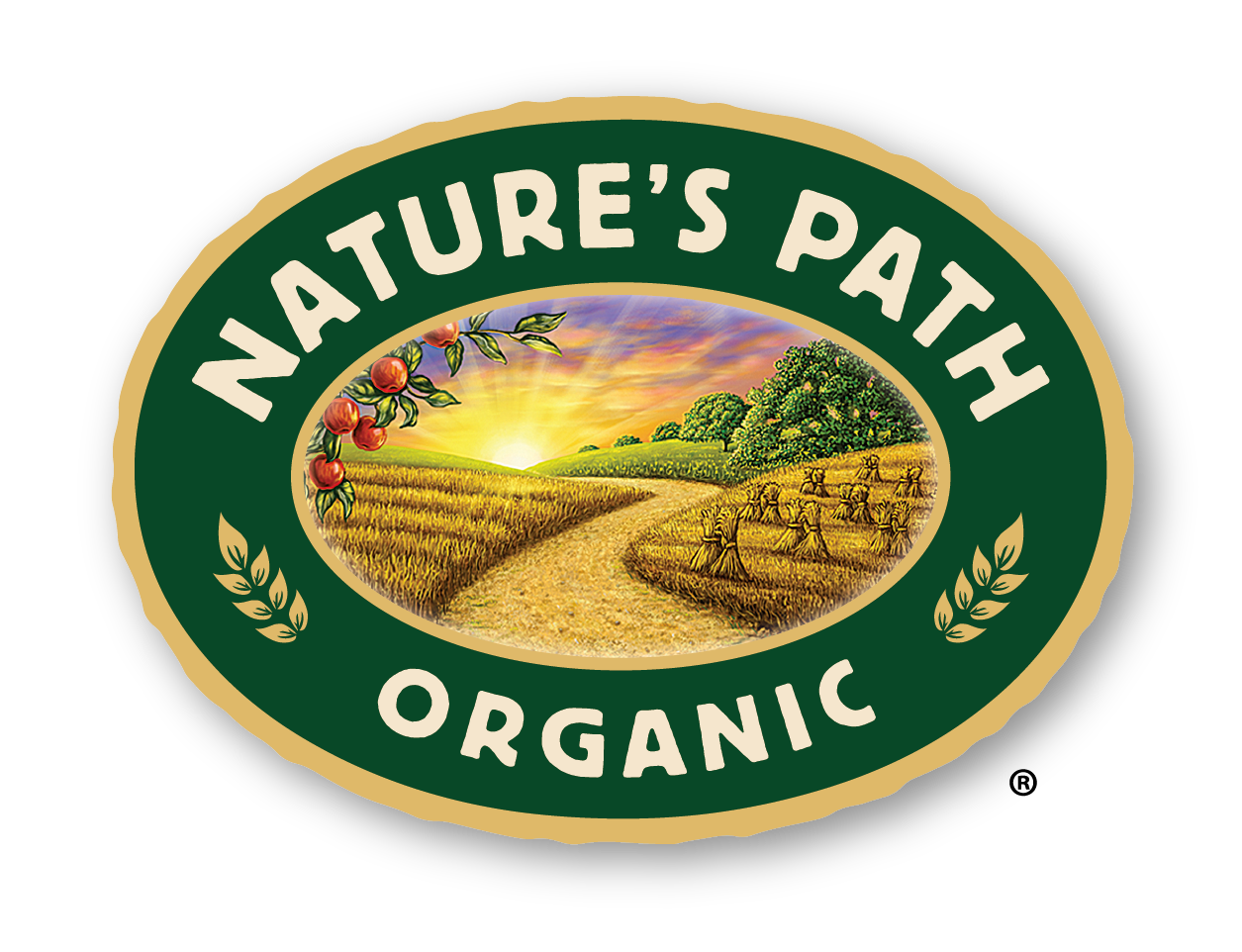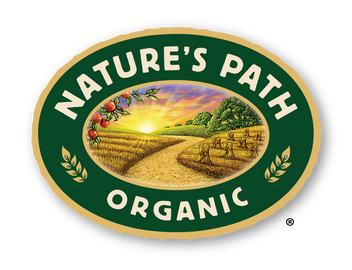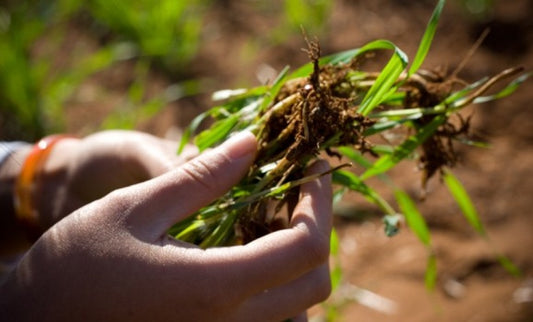We hear a lot about environmental chemicals these days. They’re in our water, our air, our homes, and our food. While companies are forced to be transparent about some things (saturated fat and sugar levels), they don’t need to tell you about others (what was
sprayed on your food). Producers who use the
organic food label elect to be more transparent and to allow third-party inspections of their farm to verify that what they claim is true.
Still, stories appear about chemical residues on organic foods and beg the question – how did they get there? Does this mean that organic is a sham? We’re taking a closer look at chemicals and food to find out how they affect the organic label.
Chemicals Are Everywhere – How Is Organic Food Possible?
Most people think of organic as the “chemical-free” alternative, and while organic farmers avoid toxic herbicides and pesticides at all costs, that assumption isn’t entirely true. Yes: organic certification restricts the use of many chemical pesticides and fertilizers. And yes: organic farmers try to minimize the use of even organic-approved pesticides and fertilizers. But a farmer can’t control everything that comes into contact with her crops. Chemicals sprayed elsewhere don’t always stay where they’re put, depositing residues of chemicals the farmer didn’t apply. Some chemicals (such as DDT) remain in the environment for over 100 years and will make their way into the food supply until they finally break down. Pollution can travel through air and water into our food, sometimes carrying dangerous contaminants with it.
Reducing toxic residues in food and the environment is an important goal of organic farming. However, the accidental presence of pesticides and herbicides doesn’t nullify the organic-ness of that food. In fact, Canadian and U.S. standards go far beyond chemical use in defining what it means to be organic. Both describe the organic farm as a place that champions soil health, seeks balance with ecological systems, and promotes human and environmental well being. Avoiding synthetic chemicals is only a small part of achieving these goals and the benefits of a successful organic farm go far beyond chemical residues. Organic farms provide many public services, including reducing fossil fuel use and protecting water resources.
What Do We Mean By Chemicals?
Chemicals are, indeed, everywhere. Oxygen is a chemical, as is water and gold; apples are made of chemicals, so is your house, your clothes and your blood. A chemical, in the broadest sense, is anything composed of one or more of the chemical elements – which is almost everything.
In popular use, the word chemical often refers to chemical substances created artificially, not as they would be in nature. When it comes to farming, we generally talk about two types of chemicals: synthetic and natural. Most of us classify these categories as toxic and safe, respectively. Unfortunately, that generalization doesn’t hold up. Nature is full of chemicals that can easily kill you (venom, poisonous compounds in plants & mushrooms, naturally occurring arsenic in ground water, and botulism, to name a few). Some synthetic chemicals cause health problems (glyphosate), some relieve pain (aspirin). Organic foods can’t be chemical-free because plants are rich in chemical compounds. Capsicum, the chemical responsible for hot pepper spice, is what makes them worth eating.
This may seem like nothing more than semantics, but terminology is important. We relate to the world through words – using them carelessly leaves the door open to false assumptions and unnecessary fear. That organic food isn’t chemical-free is only a problem if that’s all it’s trying to be. In truth, organic is so much more.
What Makes Organic Farming Different?
Because organic food is more regulated than conventional, it comes with added protections. Organic certification places rigorous restrictions on some of the most dangerous chemical pesticides, ensuring organic foods have little to no residues from these specific chemicals.
We focus so much attention on what organic farmers don’t do – spray chemicals on their crops – that we forget about all the important things that they do do. At its heart, the story of organic farming is one of building and cooperating, not of withholding. Organic food is higher in antioxidants and other nutrients, protects farm-workers, promotes biodiversity, builds community and empowers women, and much more, all while reducing the amount of toxic agro-chemicals in the environment. Chemical-free food may be an unattainable goal in the modern world, but good food isn't, and we have organic farmers to thank for that!
Would you like to be the first to hear about our new products and more?
Sign up for our Nature’s Path Newsletter.








